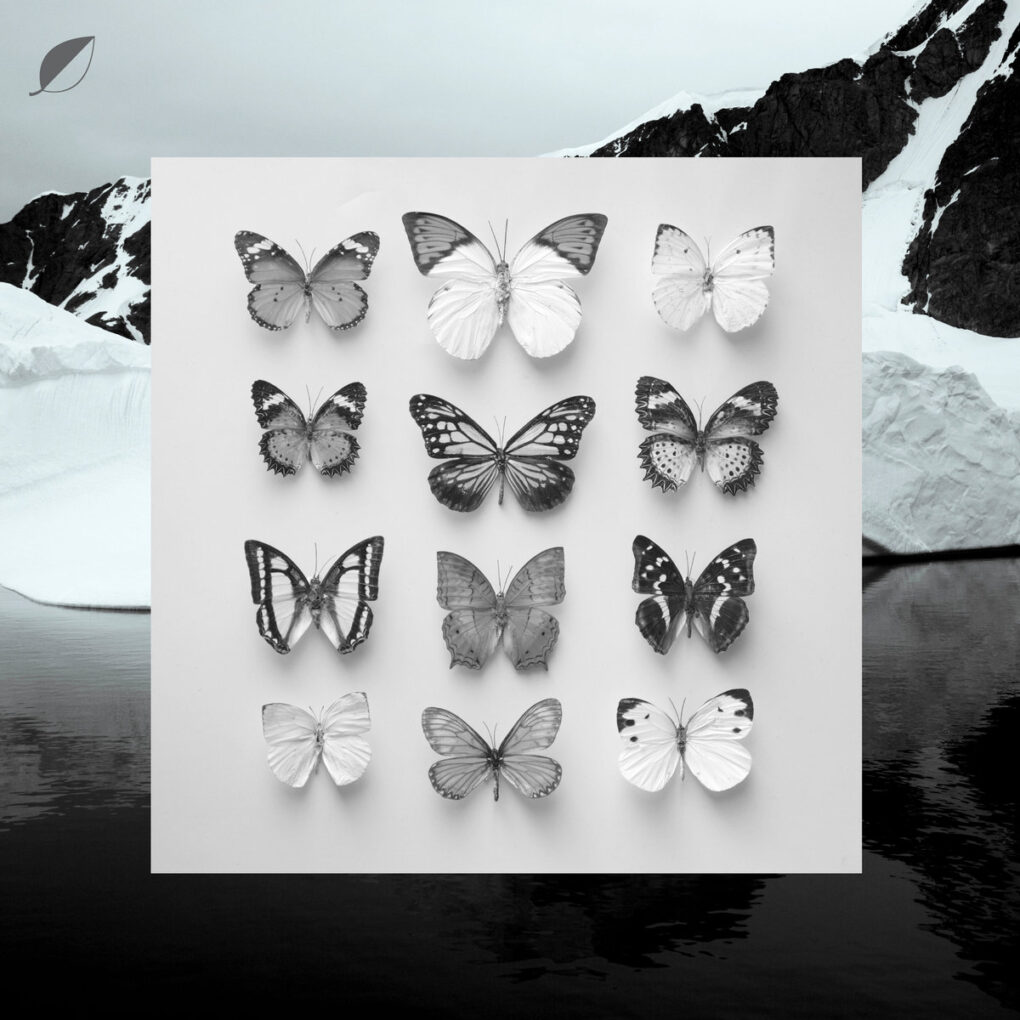
You know how when a disaster happens it’s all the world talks about for a few days, and we all donate and send thoughts and prayers and then something else catches our attention and we’re basically done with it? And then a couple years later you see a follow-up story buried in the noise and you’re impressed at how quickly that place has recovered, and how resilient humans are?
Well sometimes they don’t recover. Sometimes things get worse.
More than two and a half years after the explosion that devastated the port of Beirut, the city is not a heartwarming story of people coming together and building things back up stronger than they were before. According to the relief organization CARE, of the 300,000 people left homeless by the blast, barely 50% had returned to their homes after two years. Compounded by the economic effects of the pandemic, Lebanon’s currency lost 99% of its value in three years.
And then there’s the Ukraine-Russia conflict. Lebanon relied primarily on those two countries for its wheat imports, and that source has mostly disappeared since the war began. Even if they could import their pre-2019 levels of wheat, they would have a hard time storing it, since so many of the city’s silos were destroyed in the explosion. Electricity is rationed to two hours per day, and many citizens rely on gas-powered generators; fuel, of course, became much more expensive during the Russian invasion of Ukraine.
Add it all up and you’ve got a city which, in 2019, was basically reaching a level of middle-class quality of life for most people, and which is now struggling to meet its citizens’ basic needs.
What makes this a beautiful song:
1. The opening noises sound somewhat rhythmic, but don’t appear to follow any particular tempo or time signature. It’s only when the kick drum comes in that order starts to emerge from the chaos.
2. Like Jon Hopkins and Kiasmos, Christian Löffler is very good at walking the line between noise and melody.
3. Through its nearly eight minutes, the song doesn’t move through different melodic sections so much, but rather goes through phases of sounding close and phases of sounding expansive. By tweaking the reverb in this way, Löffler makes the song seem to alternate between stretching to the horizon and sitting right next to you.
Recommended listening activity:
If you can, clicking this link and donating $672 dollars to the Red Cross’ Lebanon humanitarian needs fund.